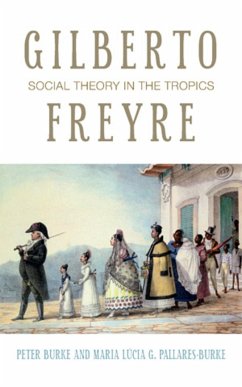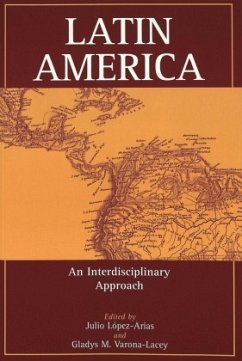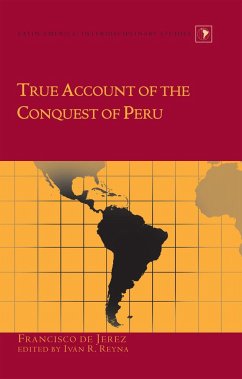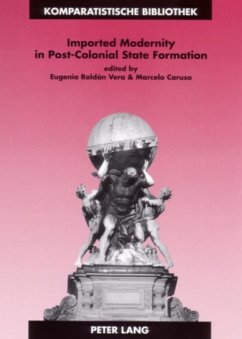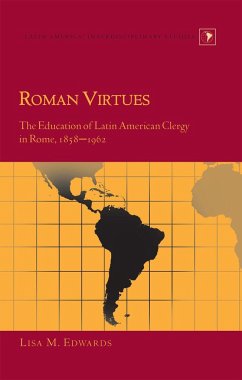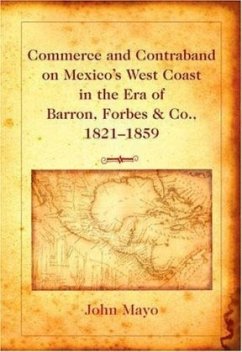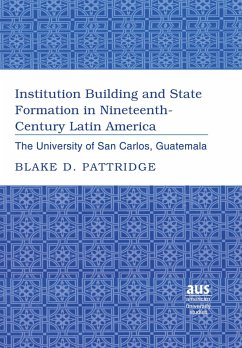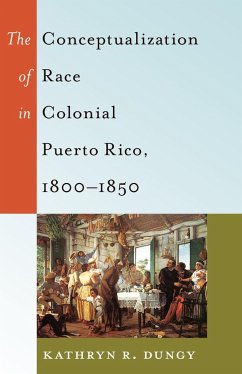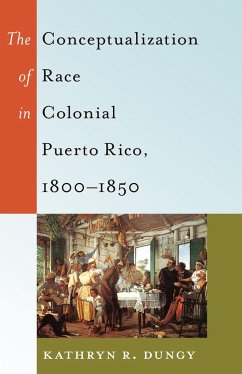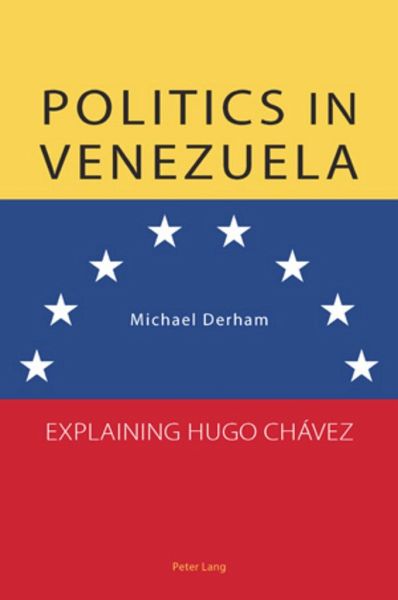
Politics in Venezuela
Explaining Hugo Chávez
Versandkostenfrei!
Versandfertig in 6-10 Tagen
85,90 €
inkl. MwSt.

PAYBACK Punkte
0 °P sammeln!
Hugo Chávez is heavily criticised by the international political class and the press and media. He is dismissed academically as a 'populist' and dismissed more generally as a rabble rouser whose anti-American outbursts threaten regional stability, at the least. However, a lot of the criticism and reporting lacks context. Outside the country, not much is known about modern Venezuela and even less about the history from which today's reality has emerged. Why is Chávez so loud and outspoken? If he is so bad, why does he keep getting elected? Does he really have the backing of a majority? Is he ...
Hugo Chávez is heavily criticised by the international political class and the press and media. He is dismissed academically as a 'populist' and dismissed more generally as a rabble rouser whose anti-American outbursts threaten regional stability, at the least. However, a lot of the criticism and reporting lacks context. Outside the country, not much is known about modern Venezuela and even less about the history from which today's reality has emerged. Why is Chávez so loud and outspoken? If he is so bad, why does he keep getting elected? Does he really have the backing of a majority? Is he destroying democracy in his own country and creating division and strife?
This book not only answers these questions, and others, such as why, in Venezuela, the 1950s dictatorship of Marcos Pérez Jiménez is often claimed to have worked better than democracy. It also shows how Venezuela's Antagonistic State, between 1958 and 1998, led to the destruction of a whole political and economic elite.
This book not only answers these questions, and others, such as why, in Venezuela, the 1950s dictatorship of Marcos Pérez Jiménez is often claimed to have worked better than democracy. It also shows how Venezuela's Antagonistic State, between 1958 and 1998, led to the destruction of a whole political and economic elite.



